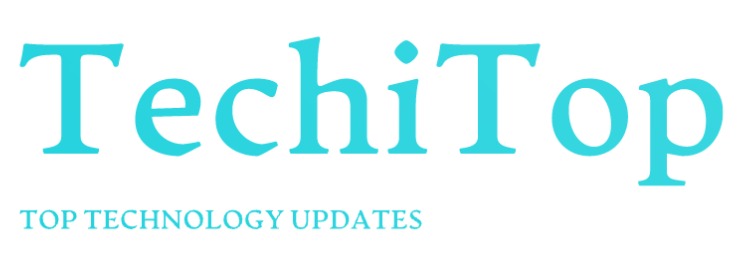Conference room management software
As companies organize their offices, Conference room management software has become increasingly popular. The software creates a record and order system, and promotes better interaction between employees and shared workstations. Nevertheless, the software alone is not sufficient. To use your company’s room reservation system, your staff must have access to a tablet.
Employees are reminded to book time and interact appropriately with workspaces by tablets placed outside major meeting rooms. The tablet serves as a natural bridge between the digital booking system and the physical workspace as well. Here are five reasons why tablets are essential for any room reservation system, as well as how companies can use them efficiently.
1. Tablet booking is intuitive
Tablets have become an intuitive technology for most people, thanks to smartphones and touch screens. Using their fingers, they tap, swipe, and pinch to access features not available on static booking screens. This familiarity encourages employees to not only approach and use tablet booking systems but also to use them correctly. Guests will feel comfortable reserving rooms, checking information about rooms, and even sending invitations.
2. Booking a tablet is habit-forming
The more comfortable employees become with room scheduling software, the more likely they are to use it on a regular basis. The intuitive nature of tablets makes it easier to form good habits when using the software. It becomes second nature to them as they become more accustomed to using tablets for booking. Through booking software, facility managers can gain insight into how spaces are being utilized and promote a smooth-running workplace. you’ll quickly master the React js training institute in bangalore and the packages that constitute its rich set of core libraries. The result is better workplace design, based on a clear understanding of space usage patterns.
3. Mobile vs. stationary use
Tablets don’t have to be stationary resources, although they are usually installed outside of their respective rooms. They are, by their very nature, mobile. It doesn’t matter in what capacity a tablet is used, it provides great oversight opportunities for facility managers.
In a room, a tablet acts as the gatekeeper. The Aristotle Conference Room can be booked by Holly simply by walking up to the tablet outside that room, selecting the time, and sending invitations. It is a fixed resource, and employees will always know where to locate it.
Apps for room booking on mobile tablets offer another dimension of potential. For example, consider coworking spaces. Members claim their space at a kiosk tablet. A facility manager can grab one of these kiosk tablets to walk the floor quickly and confirm occupied or unoccupied spaces in real-time. Updates marked on the tablet are live, which means anyone can walk into the coworking space at any time. Java course in bangalore gives you a thorough knowledge of Core Java, loops, arrays, operators, constructors, and methods while giving you hands-on experience.
4. Push notifications and customizing
Conference room schedule displays on tablets offer push notifications and other customization options. Employee interaction with different spaces and in what capacity can be greatly impacted.
The Finch Conference Room, for instance, might have a leak. The facility manager may send a message saying “This room is unavailable” to the room’s booking tablet to prevent others from booking that space. We apologize for the inconvenience.” Similarly, employees may use the tablet to push notifications to facility managers – such as notifying them of maintenance issues. Using tablets allows both employees and facility managers to communicate.
Additionally, facility managers may customize widgets or display information based on each bookable room. An often-used, 10-person conference room might prominently display the schedule for passersby to see, while a rarely-used four-person meeting room might only display the time and date until tapped. Get your java training in Bangalore from Infocampus with highly experienced trainers.

